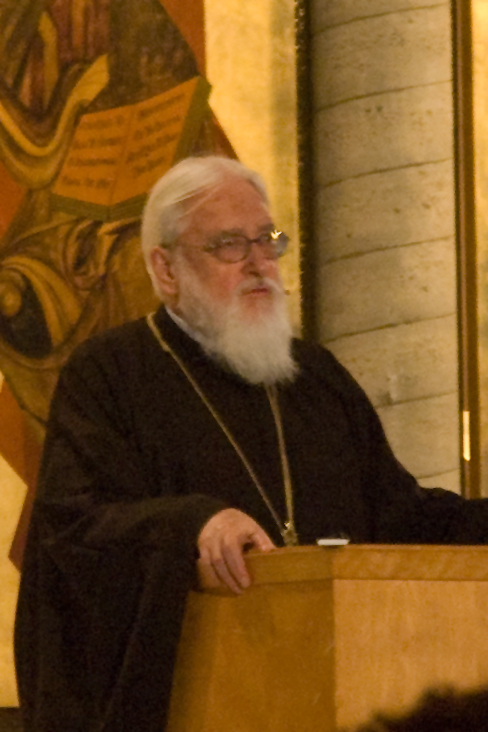Father Ivan Karageorgiev recently interviewed Bishop Kallistos (Ware) on his speritual journey. The interview was published in French in the periodical Unité des chrétiens (n°190, avril 2018). Please find here an English translation of that interview. Part 1 Part 2 Part 3: I have spent a good deal of my life on the translation of the Philokalia (literally, the love of beauty) into English. With other collaborators, we have been able to
Interview with Metropolitan Kallistos (Ware), Orthodox theologian and patrologist – Part 3
